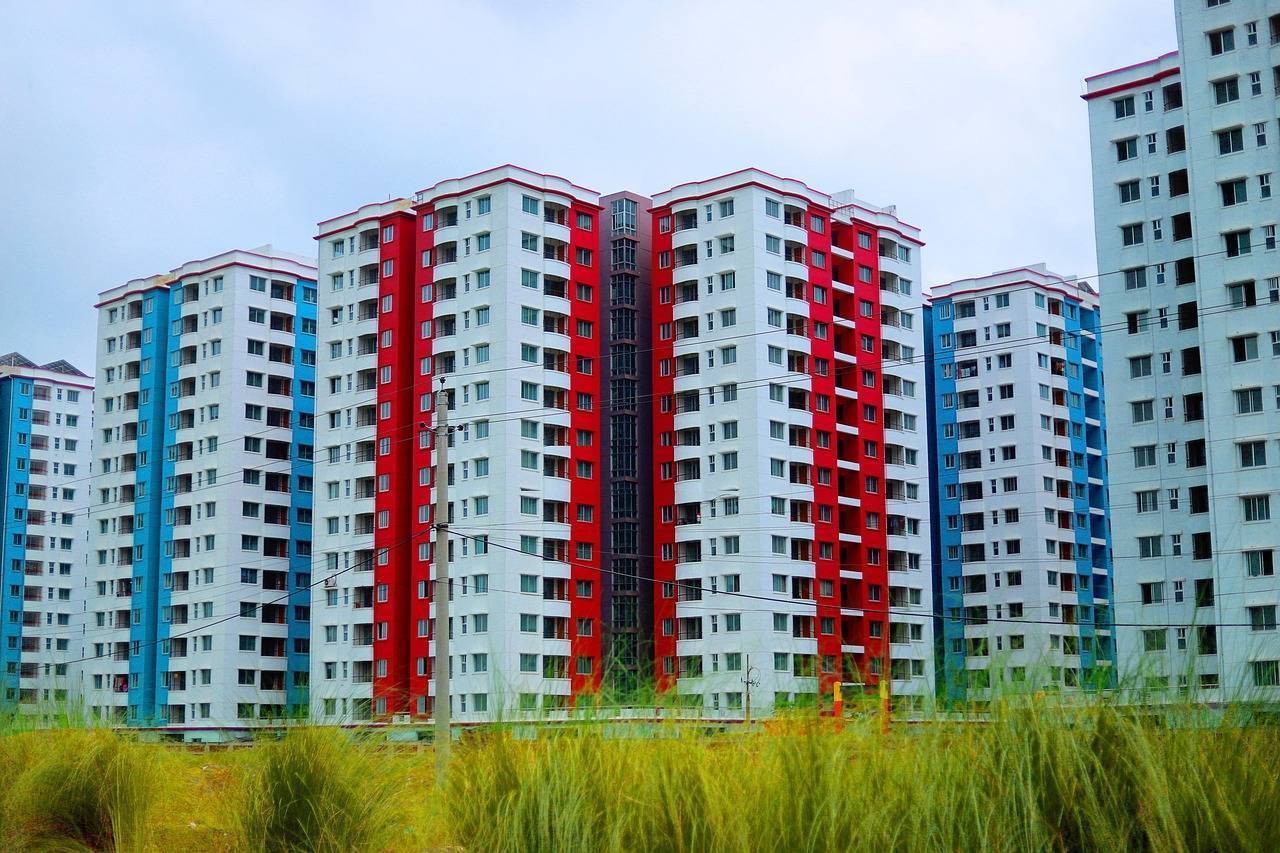The Uttar Pradesh government has raised the stamp duty exemption limit for women homebuyers from ₹10 lakh to ₹1 crore. The decision was taken at a cabinet meeting led by Chief Minister Yogi Adityanath at Lok Bhavan and is positioned as a step toward encouraging property ownership among women and improving formal participation in housing assets.
Under the earlier policy, women buyers were eligible for a 1% stamp duty rebate on properties valued up to ₹10 lakh. This translated to a maximum benefit of ₹10,000, which excluded a large segment of urban and semi-urban transactions from availing any meaningful relief. With the revised limit, the 1% rebate will now apply to transactions up to ₹1 crore, increasing the maximum benefit to ₹1 lakh. The exemption applies only to women and is available for properties registered solely or jointly in their names.
The decision is expected to influence property transactions in areas such as Noida, Ghaziabad, Lucknow, and Greater Noida, where property values often exceed ₹50 lakh. Real estate analysts believe that this move could encourage families to register residential properties in the names of female members, thereby increasing their asset ownership share.
Industry executives have noted the potential shift this change might bring. According to Vikas Tomar of Square Yards, expanding the cap tenfold will make the rebate relevant in a larger number of property transactions across key districts. He indicated that the new ceiling aligns more closely with prevailing market prices, especially in emerging urban zones of NCR and central UP.
Santhosh Kumar from Anarock observed that the move could support housing demand in the mid-income range and facilitate more joint registrations. He noted that states that offer targeted fiscal benefits often witness better participation from underrepresented groups, including women.
However, some industry participants have pointed to the limitations of the policy. In locations where average transaction values exceed ₹1 crore, the capped exemption may still exclude a portion of buyers. For comparison, Delhi offers a flat 1% stamp duty rebate for women without imposing an upper transaction cap. According to Ashish Pethe of ZEUS Law, such a model may serve as a more effective incentive for high-value urban housing transactions, especially when prices in certain UP submarkets are approaching metro benchmarks.
Vikas Bhasin of Saya Group highlighted another structural concern, noting that transaction costs in Indian real estate remain high due to a combination of stamp duty, registration charges, and GST. While the revised exemption is a relief measure, he suggested that a broader review of these charges may be necessary to enhance affordability and expand formal ownership.
From a policy standpoint, the move is also linked to broader social initiatives. Labour Minister Anil Rajbhar noted that the stamp duty exemption supports Mission Shakti, a program focused on promoting the status and economic participation of women in Uttar Pradesh. The ownership of property, in this context, is seen as a step toward legal and financial empowerment.
The revision is likely to benefit a growing segment of women professionals and independent buyers, as well as joint families choosing to secure real estate under women’s names for both financial and legal planning purposes. Real estate developers expect the change to reflect in higher female-led registrations in the upcoming quarters.
With the central government also indicating interest in gender-based fiscal benefits in the 2024 Union Budget, the Uttar Pradesh government’s policy revision may serve as a template for other states considering targeted incentives to expand homeownership and improve the inclusiveness of the housing sector.









.png)